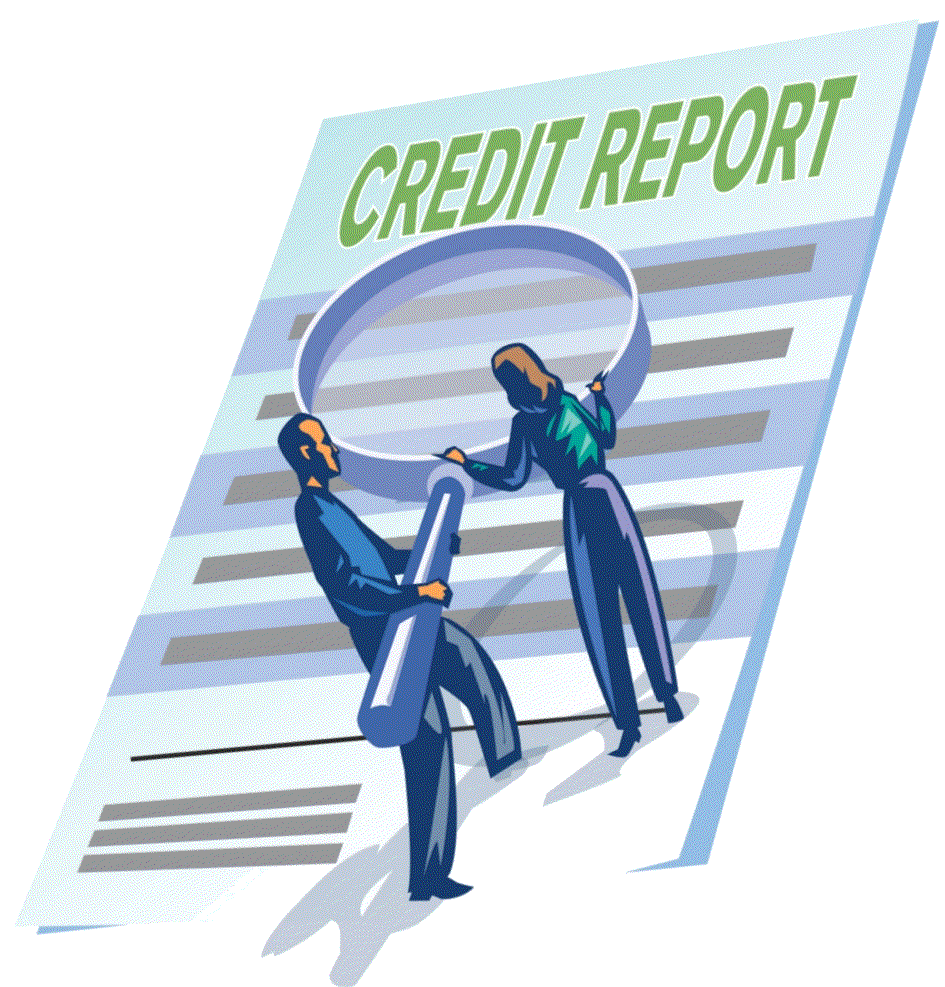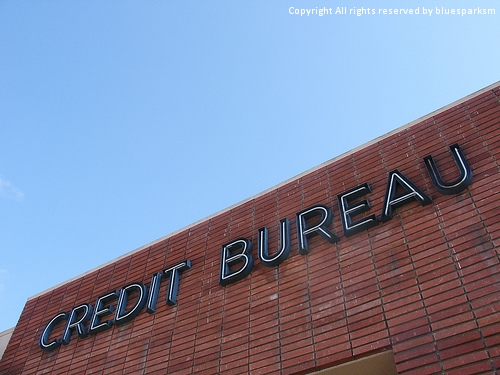It’s a relatively simple process. When you apply for credit, your creditor will ask a local credit bureau for your credit report. To handle this request, the creditor simply enters your name and social security number, on a computer liked by modem line to the bureau. In seconds, your creditor has received your complete profile direct from the local credit bureau.
Your local creditor has obtained your credit history from one of the three big agencies with whom they are affiliated. Ultimately, it is the three agencies that compile and disseminate the information to local creditors.
Creditors also can get credit information directly from these three national agencies, and often do. But whether creditors obtain their credit information directly or through a local credit bureau, what is important is that computer databases of the three big agencies contain your best possible credit profile.
Subscribers who deal with these major credit bureaus can now easily transfer account information by monthly up loading the bureaus its record keeping information which keeps tracks of your payment histories. Since the information is up loaded with all your account information, (plus changes and additions to your credit file), this ensures continuously updated credit profiles.
 The Federal Trade Commission (FTC) enforces credit laws that protect your right to obtain, use, and maintain credit. The credit laws protect your rights by requiring businesses to give all consumers a fair and equal opportunity to receive credit and to resolve disputes over credit errors.
The Federal Trade Commission (FTC) enforces credit laws that protect your right to obtain, use, and maintain credit. The credit laws protect your rights by requiring businesses to give all consumers a fair and equal opportunity to receive credit and to resolve disputes over credit errors.
The Federal Trade Commission is the agency that enforces the Fair Credit Reporting Act and regulates the activities of the credit bureaus. If you can not get satisfaction from the credit bureaus, Complain to the FTC. Your complaint should only be done after following the law when addressing the credit bureaus and you have documented your written communications with the bureau.
If your complaints are proven justified, then it will take 30 days or less for you to receive a new copy of your credit report with all your changes and deletions. If there is still misinformation in your file, then you can go back to the source and get the source to retract the false information about you.
You can sue for slander and/or violation of the Fair Credit Reporting Act. Or you can threaten to complain to the FTC.and/or the Consumer Protection Agency. Ideally, you want to put pressure on both the credit reporting agency and their source. When you know you are right and they are wrong, Do Not Take No for an answer! Keep up the pressure until the bureau and the creditor change or delete the inaccurate information.

